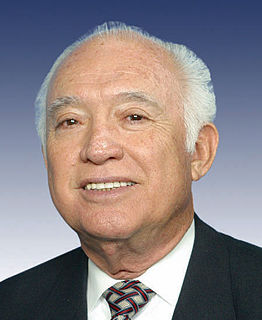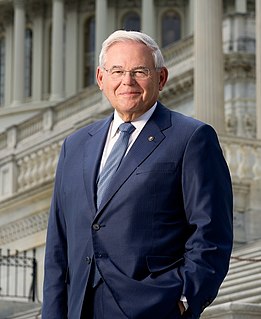A Quote by Tom Peters
A vibrant, rich, growing corpus of public-domain books is a vital public good - similar to parks, the infrastructure of basic services, and other hallmarks of any advanced society.
Related Quotes
Creativity builds upon the public domain. The battle that we're fighting now is about whether the public domain will continue to be fed by creative works after their copyright expires. That has been our tradition but that tradition has been perverted in the last generation. We're trying to use the Constitution to reestablish what has always been taken for granted--that the public domain would grow each year with new creative work.


































